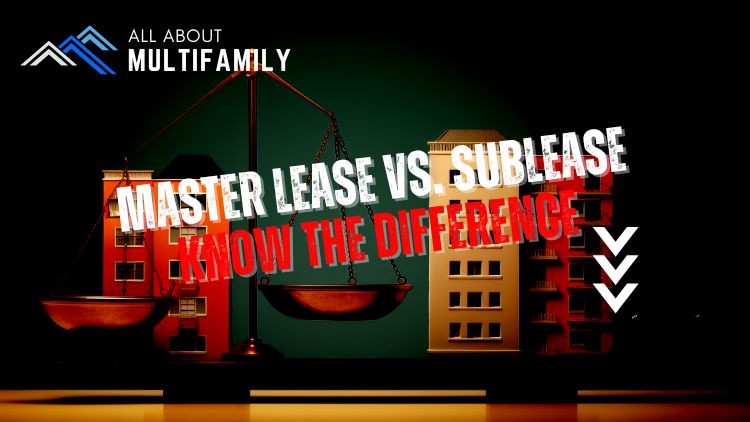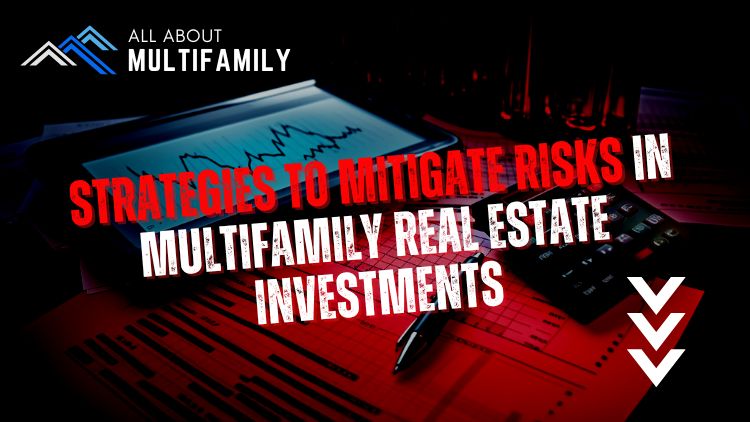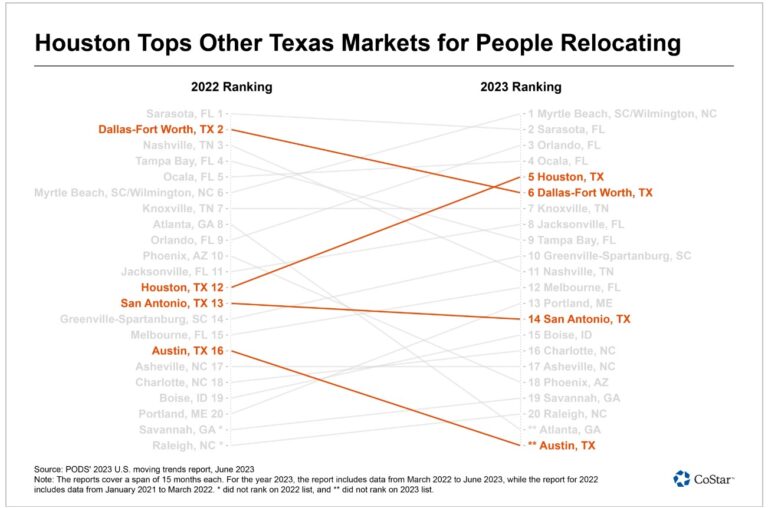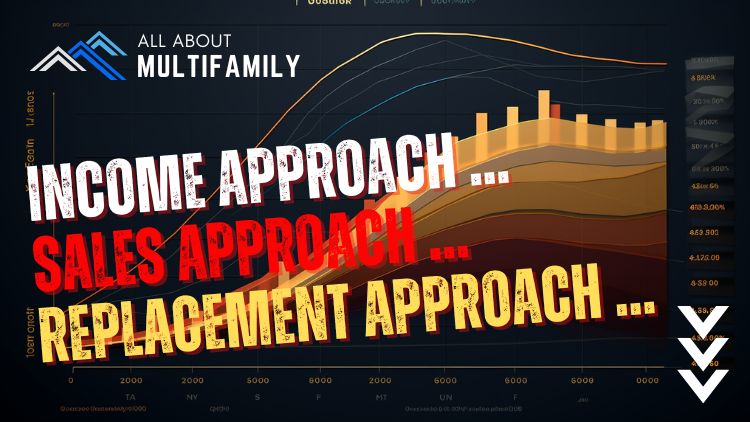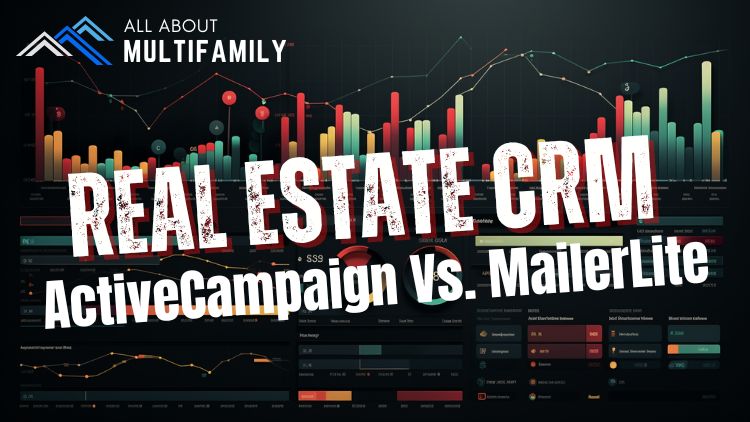Accredited Investor, Non-Accredited Investor, and Sophisticated Investor are terms used to categorize individuals or entities based on their financial status, knowledge, and regulatory status concerning investment opportunities. These distinctions have important implications in securities regulations and investment opportunities. Here’s a brief overview of each:
Accredited Investor:
An accredited investor is an individual or entity that meets specific financial criteria set by regulatory authorities, such as the U.S. Securities and Exchange Commission (SEC). In the United States, an individual is considered an accredited investor if they meet one of the following criteria:
- Have an annual income of at least $200,000 ($300,000 jointly with their spouse) for the past two years and expect the same income level in the current year.
- Have a net worth of at least $1 million, excluding the value of their primary residence.
Accredited investors have access to certain investment opportunities, such as private placements, hedge funds, venture capital funds, and other private investment offerings, which are not available to non-accredited investors due to the potentially higher risks associated with these investments.
Non-Accredited Investor:
A non-accredited investor is an individual or entity that does not meet the financial criteria to be classified as an accredited investor. Non-accredited investors have limited access to certain high-risk and illiquid investment opportunities, particularly those offered under Regulation D of the Securities Act in the United States.
To protect non-accredited investors, securities laws and regulations impose additional disclosure requirements and restrictions on the types of investment offerings they can participate in. The goal is to ensure that non-accredited investors are aware of the risks involved and have access to investments that align with their risk tolerance and financial capabilities.
Sophisticated Investor:
The term “Sophisticated Investor” is broader and less defined compared to accredited and non-accredited investors. A sophisticated investor is someone who possesses sufficient knowledge, experience, and expertise in financial and investment matters to understand the risks and complexities associated with certain investment opportunities.
Unlike accredited investors, the designation of a sophisticated investor is not based on specific financial criteria but rather on their level of financial knowledge and understanding of investment markets. Sophisticated investors may gain access to certain investment opportunities, similar to accredited investors, based on their ability to evaluate and make informed investment decisions independently.
Key differences between Accredited Investors, Non-Accredited Investors, and Sophisticated Investors:
| Criteria | Accredited Investor | Non-Accredited Investor | Sophisticated Investor |
|---|---|---|---|
| Financial Eligibility | Meets specific income or net worth criteria set by regulatory authorities. | Does not meet the financial criteria of an Accredited Investor. | May or may not meet the financial requirements of an Accredited Investor but possesses significant financial knowledge and experience. |
| Access to Investments | Has access to a broader range of investment opportunities, including private placements, hedge funds, venture capital, etc. | Limited to traditional investments such as publicly traded securities and mutual funds. | May have access to certain specialized investments that require a higher level of understanding and expertise. |
| Investment Restrictions | Fewer regulatory restrictions due to higher financial capacity and presumed sophistication. | Subject to certain investment restrictions to protect them from higher-risk opportunities. | May face fewer restrictions and access more complex financial products, requiring informed decision-making. |
| Financial Experience | Presumed to have higher financial experience and risk tolerance. | Considered to have less financial experience and risk tolerance. | Possesses significant financial knowledge and expertise. |
| Investor Protections | May have fewer regulatory protections due to assumed financial knowledge. | Subject to various regulatory protections to safeguard against potential risks. | Expected to make informed investment decisions and may have access to more sophisticated investments. |
| Examples | High net worth individuals, institutional investors, certain entities. | Individual retail investors, smaller investors. | Experienced traders, financial professionals, seasoned investors. |
Please note that the specific criteria and regulatory classifications for each investor type may vary depending on the jurisdiction and regulatory framework in place. Additionally, the designations and investment opportunities for each type of investor can change over time as regulations are updated or amended. Investors are encouraged to consult with financial professionals or legal experts to understand their specific status and the implications it may have on their investment choices.
It’s essential to note that the definitions and criteria for these classifications may vary in different jurisdictions and under different regulatory frameworks. The classifications are designed to ensure that investors have access to appropriate investment opportunities while maintaining a balance between investor protection and market efficiency. Investors are encouraged to understand their own status and seek professional advice when considering investment opportunities to make well-informed decisions that align with their financial goals and risk tolerance.




































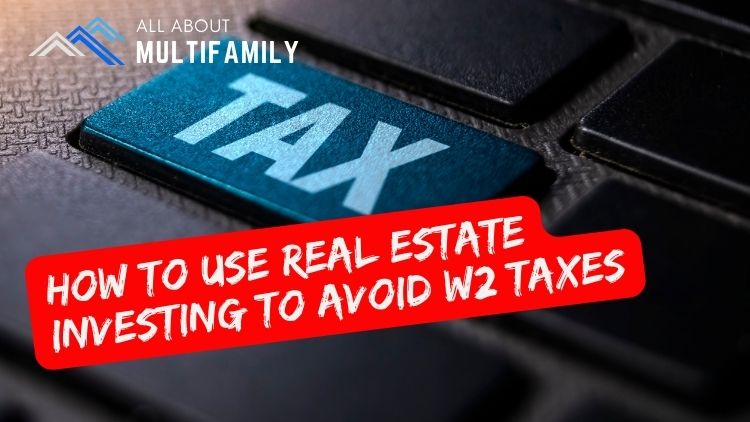









![An In-Depth Look at Jake and Gino's Coaching Program [A Review]](https://allaboutmultifamilyinvesting.com/wp-content/uploads/2023/10/AAM-BMP-Blog-Covers-750-×-422px-6.jpg)


![Email Marketing Tips for Multifamily Real Estate Syndicators to Raise Capital [Templates included]](https://allaboutmultifamilyinvesting.com/wp-content/uploads/2023/09/AAM-BMP-Blog-Covers-750-×-422px-4.jpg)

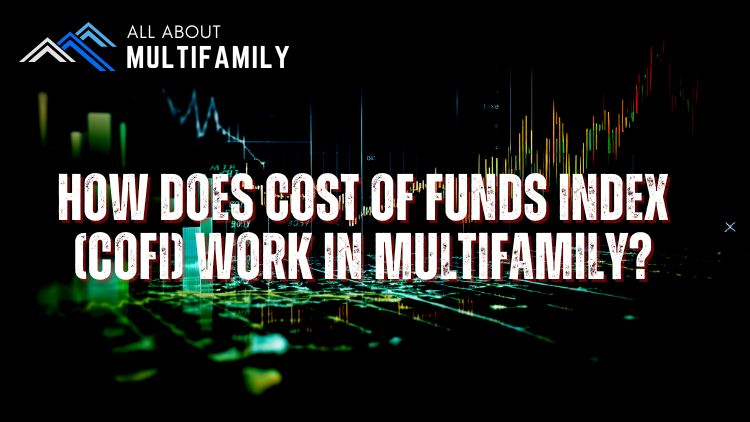
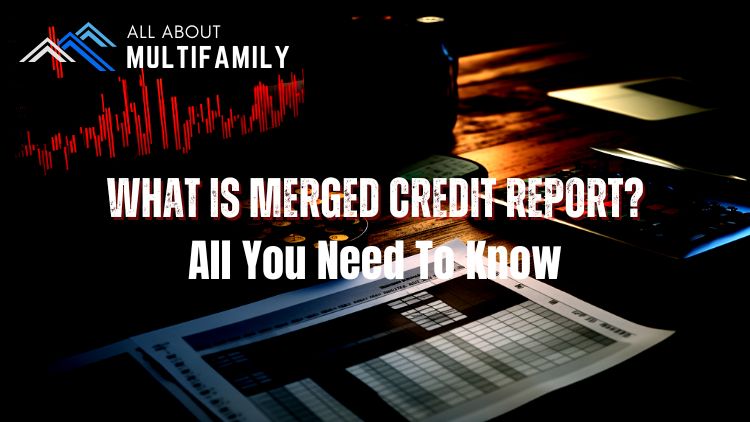
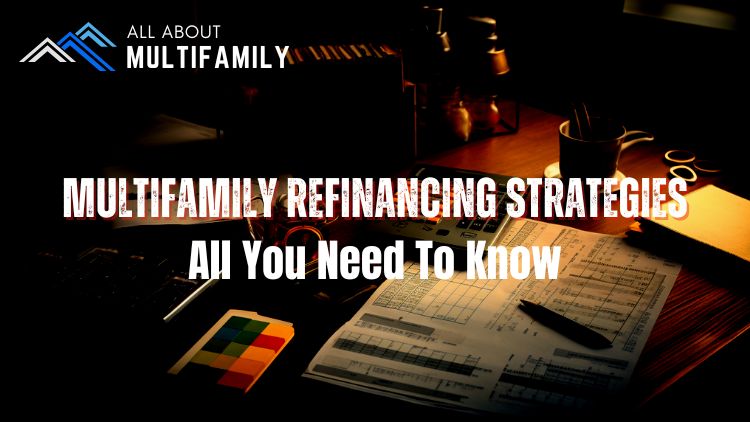


![The Richest Kids In America [Book Review]](https://allaboutmultifamilyinvesting.com/wp-content/uploads/2023/09/AAM-BMP-Blog-Covers-750-×-422px-84.jpg)


